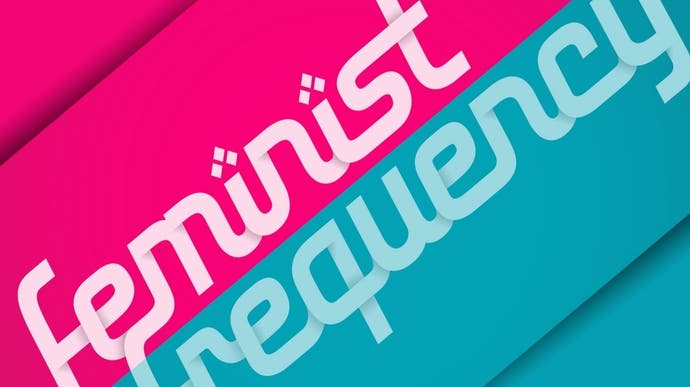Feminist Frequency's new miniseries examines queer tropes in gaming
Is Ghirahim gay or just coded that way?
Anita Sarkeesian's Feminist Frequency channel has returned to the world of video games for the first time in a couple of years with the release of Queer Tropes, a new three-part miniseries.
This trio of episodes sees host Carolyn Petit examine the ways video games have portrayed queer and trans characters over the years.
As you might expect, there are plenty of awful examples from the past which portray LGBTQ characters in a negative light because of their sexuality or identity - and use queer stereotypes as a shorthand for a character which the player is designed to feel repulsed by, feared, or laughed at.
From there, the series looks at why "if you don't like it, don't play it" isn't an excuse when there are hundreds of thousands of people who still do, and which games that include LGBTQ characters do so in a way that centralises them, rather than shuffling them away behind alternate dialogue options.
There's some pretty eye-opening examples, such as the mission in Grand Theft Auto: San Andreas where you help a friend kill another male character because they were in a consensual relationship while in prison. Or the character of corrupt lesbian cop Jo Slade in Dead Rising, who simulates sexual assault using her police baton. Or pretty much everything in Leisure Suit Larry.
But there are signs of progress, too. Assassin's Creed Syndicate's Ned and The Last of Us' Bill are examples of characters whose sexuality is not made to define them. And there are games like Last of Us: Left Behind and Gone Home which feature queer relationships as part of their main narrative, rather than as a romance option you opt into.
Sarkeesian, who directed this miniseries, wrapped up her long-running Tropes vs. Women in Video Games series back in April 2017 after five years of episodes. That five years coincided with the rise of hate and harassment campaigns such as GamerGate, and which forced Sarkeesian to cancel a planned university speech after an anonymous email threatened "the deadliest school shooting in American history".


